
Who Really Makes the Family Planning Decisions in Ugandan Couples?
“We are showing that it’s okay for a man to escort his wife to the family planning clinic,” says CCP’s Emmanuel Kayongo, deputy chief of party in Uganda.

“We are showing that it’s okay for a man to escort his wife to the family planning clinic,” says CCP’s Emmanuel Kayongo, deputy chief of party in Uganda.
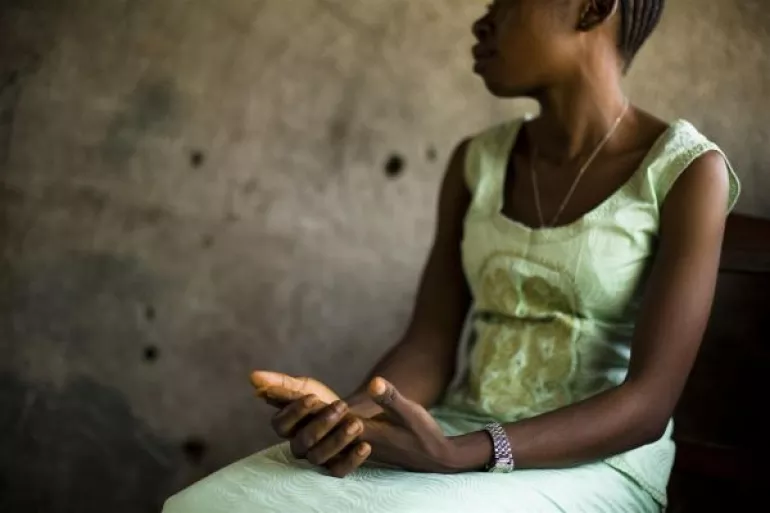
New CCP research is meant to better understand what is behind the harmful practices of child marriage and female genital mutilation (FGM) in Uganda.
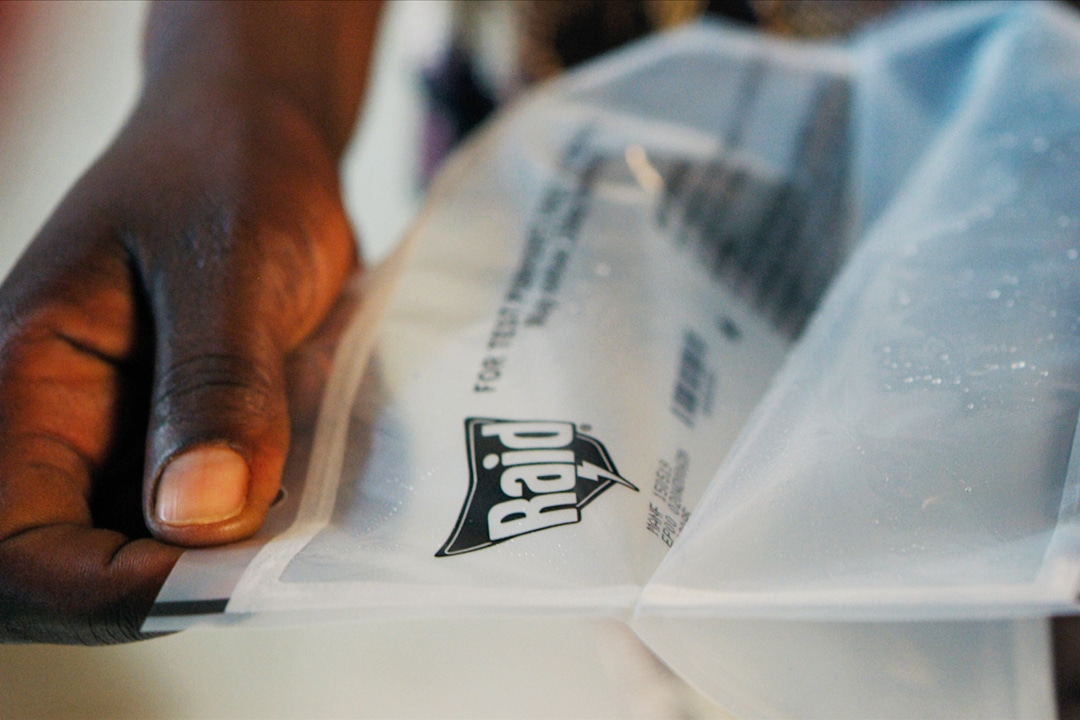
CCP researchers are looking to understand how people feel about this new type of malaria protection and how best to drive usage once it is approved.
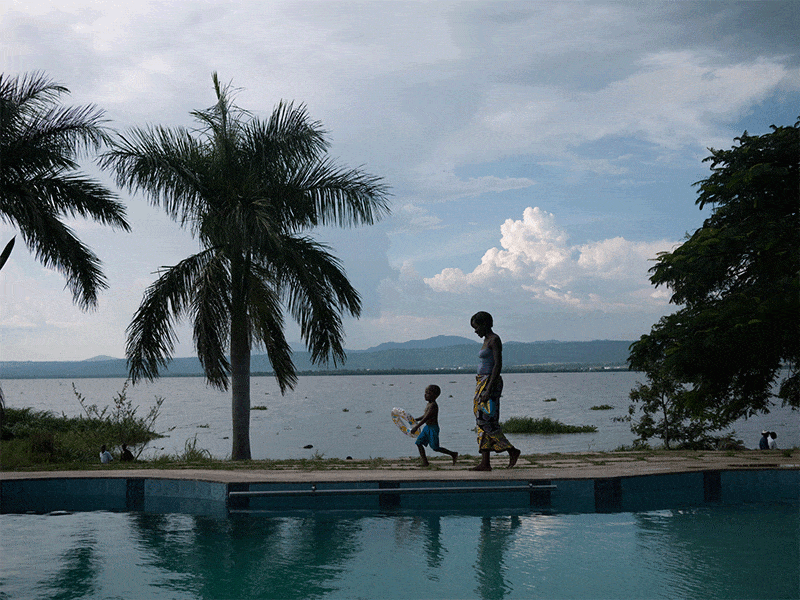
Years after the population, health and environment program ended, new findings suggest many communities have continued to nurture the seeds planted.
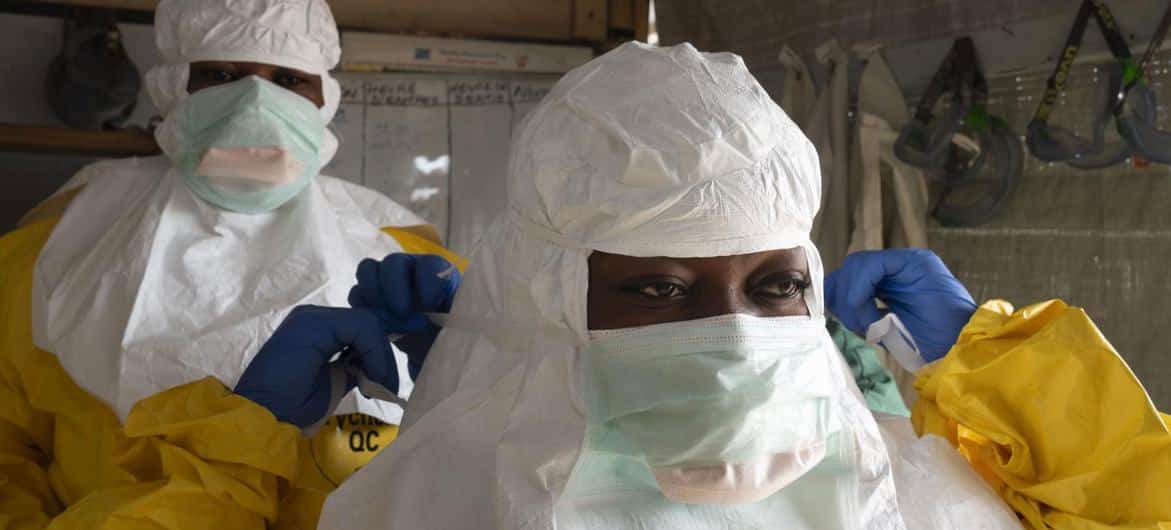
The people of Uganda were locked down during COVID. Now, an Ebola outbreak means another public health crisis to worry about.
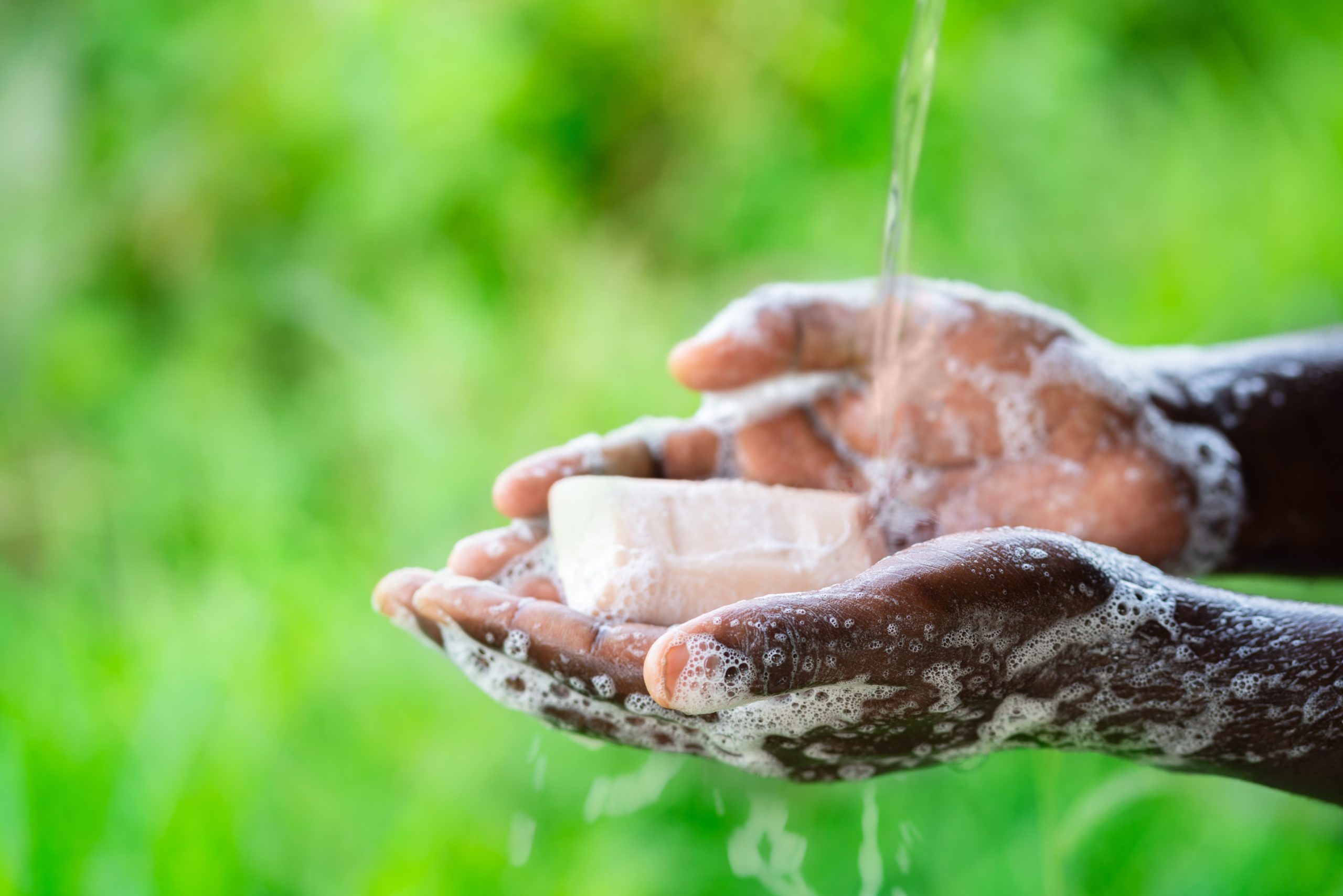
Instead of rising during the pandemic to slow the spread of COVID-19, new CCP research finds that handwashing rates actually fell in parts of sub-Saharan Africa.
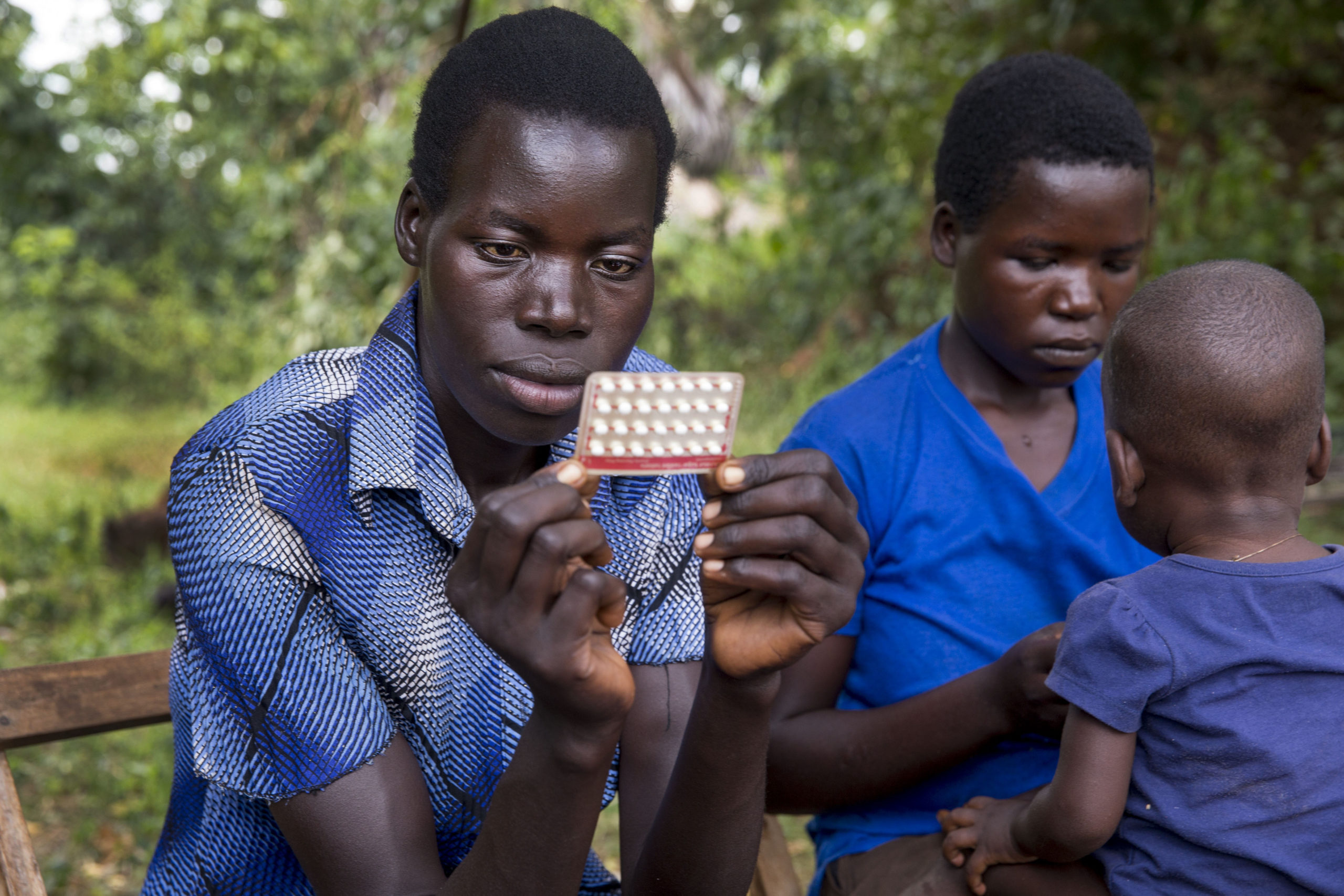
Ugandans between the ages of 18 and 29 say their access to services such as family planning and maternal and child health has been limited by the pandemic, according to a CCP survey.
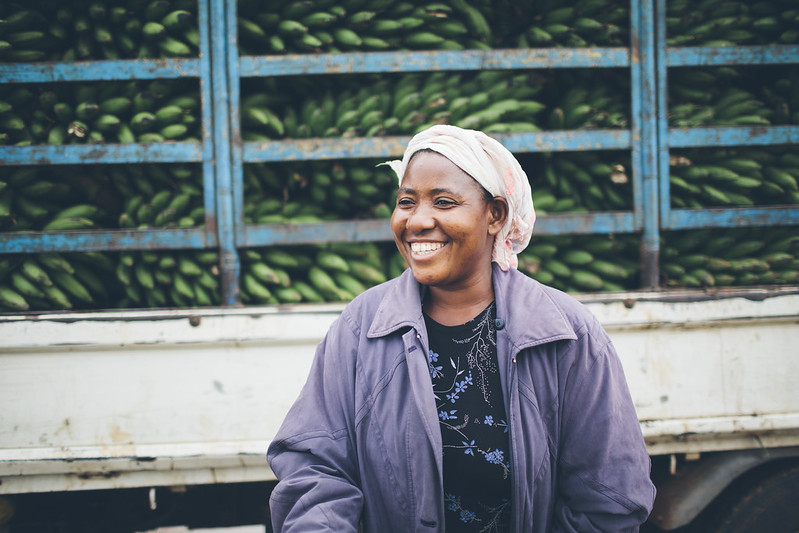
CCP has received a $35 million, five-year award from USAID for an innovative integrated social and behavior change project in Uganda.
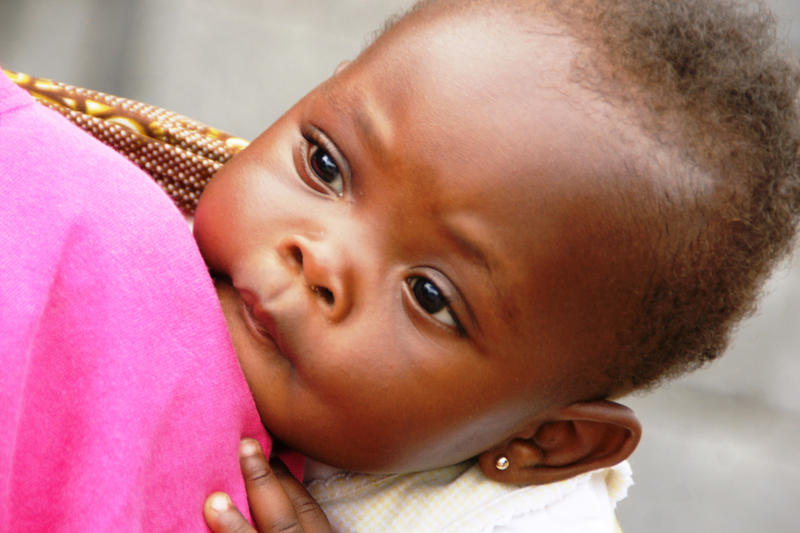
Global Health: Science and Practice is published by the Johns Hopkins Center for Communication Programs’ Knowledge for Health project, which is supported by USAID.
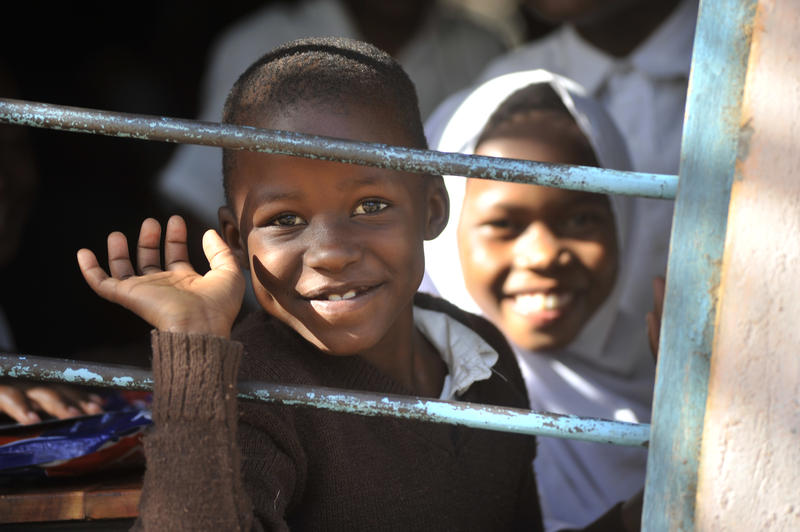
“There’s a need for new tools to complement what’s already available and to protect people during times, and in settings, where people are at risk but net use is not feasible,” says CCP’s April Monroe, who is part of the $33.7 million grant from Unitaid.
Receive the latest news and updates, tools, events and job postings in your inbox every month